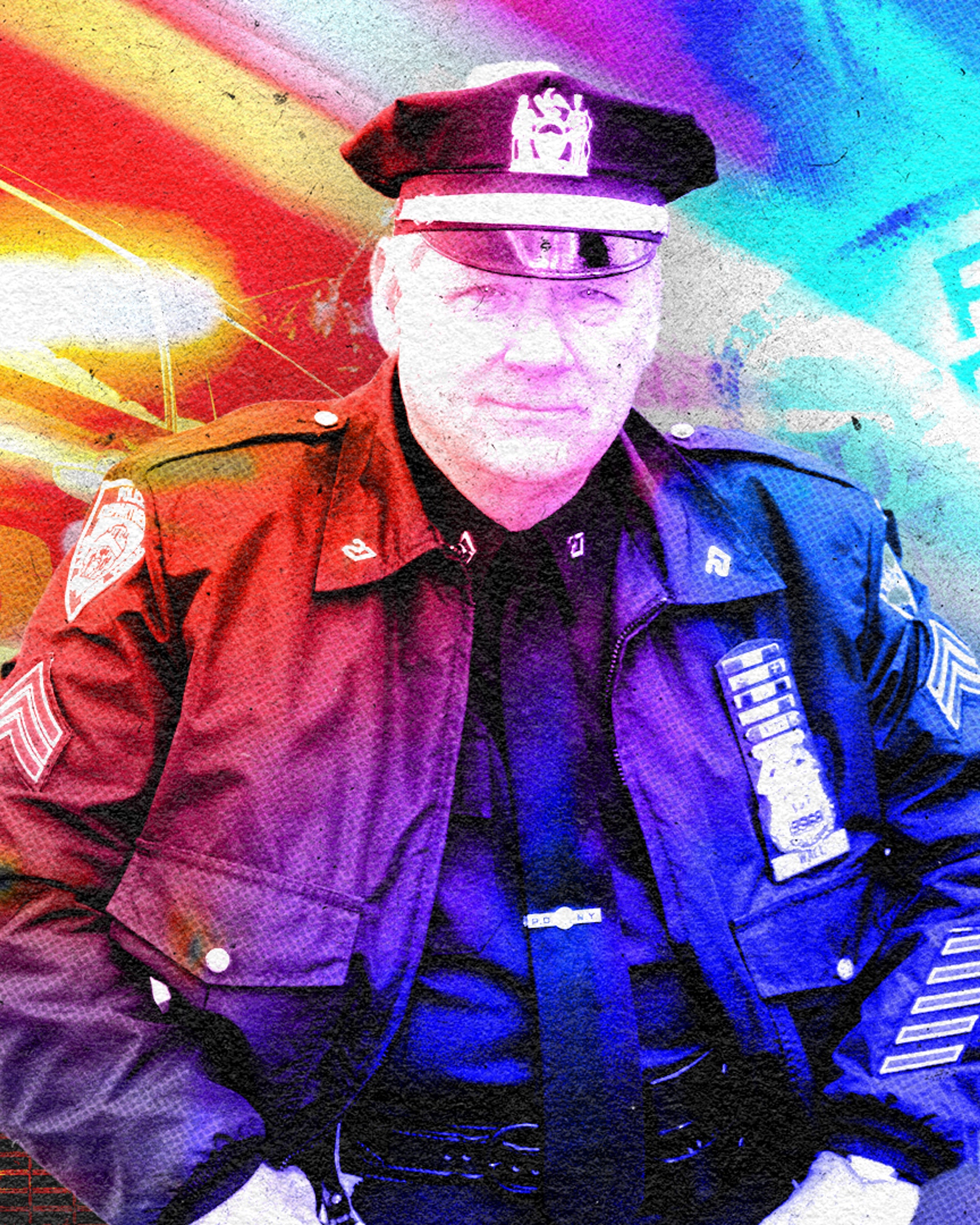|
Hamstrung NYPD Officers Seek Early Retirement
As City Grapples With Crime
By John Dove
The damage done to the New York City Police Department over the last two and a half years is unparalleled and will have repercussions for the safety of the city's residents for a generation to come.
Back in the mid 1970s, following the layoffs of thousands of cops in the wake of a fiscal crisis, the Police Benevolent Association published and distributed a flier titled Welcome to Fear City filled with warnings for residents and visitors to New York.
New York City residents, listen up. Lock your doors. Don't leave valuables of any kind in your car. Hide some robbery insurance money in your sock when you walk the streets or ride the subway, and try to be back inside your homes by nightfall.
You might have also heard them back in the 80s or early 90s when the crack epidemic transformed the Big Apple into the Wild West almost overnight. Unfortunately, you should be heeding these warnings now, today, and for the foreseeable future.
From January 1 st through June of this year, it has been reported that more than 1,500 experienced police officers, supervisors, and detectives have retired, a rise of 38% over the same period last year and 46% over the same period two years ago. More alarming is the fact that officers are exiting before their full retirement age or 20-year term in the highest number in more than two decades. Why is this so significant?
Any effective police officer, supervisor, or detective with more than two decades of policing under their belt has accumulated a breadth of knowledge, wisdom, and experience that cannot be simply replaced with another warm body. It can't be taught in a classroom or learned from a book. The journey from the first day on a foot post in an inner city neighborhood learning how to talk to people face to face and deal with a variety of situations to becoming a seasoned detective eliciting a confession from a murder suspect for the umpteenth time is one that can only happen with time. The detectives who make this journey are arguably the most valuable members of the department. They are commodities, gems, gurus. They solve crimes, and when they leave, that knowledge, wisdom, and experience goes with them. With a lessening number of experienced officers in the field, there will be many more dangerous criminals on the streets.
These experienced officers are leaving the department in droves because they are disgusted by the lack of support from the corrupt media; insane, socialist politicians; and the spineless, woke police bosses who reign over them. This exodus will not only hamper the effectiveness of the investigation and prosecution of crimes, but it will breed a new generation of corruption.
The loss of the department's most experienced supervisors, the lowering of standards for hiring new personnel, the potential forcing of officers to reside in the city , and the choice to no longer test officers for marijuana use form a perfect recipe for disaster that will surely lead to a series of major corruption scandals similar to what we've seen throughout the history of the department. Scandals like Michael Dowd in the 75 th Precinct or the Dirty Thirty Scandal in the 90s will become more common. It's not a matter of if, but a matter of when.
Having spent two years in Internal Affairs, I can tell you, the corrupt officers I arrested should have never been sworn in. They were not properly vetted. They were criminals and flawed individuals. A badge only gave them the power and ability to become even more corrupt. Lowering the hiring standards because you can't meet recruitment goals allows more of these criminals to slip through the cracks and into the ranks of the department. Additionally, the possibility of officers working in or near the precinct where they live is an invitation to engage in corruption by potentially parlaying favors to family members, businesses, or even criminals they might be friendly with.
The loss of qualified immunity protecting officers against personal lawsuits, even when they are deemed to have been acting in good faith, along with the absurd restrictive laws banning officers from using headlocks or putting pressure on a violent suspect's diaphragm are destroying an officer's incentive to engage with criminals. That translates to even more mayhem and disorder in the already-violent city streets.
The NYPD is a police force of over 30,000 of the strongest and, arguably, most diverse group of law enforcement officers ever assembled. I can attest that the department is teeming with dedicated, honest, and hardworking people from all walks of life. They work side by side and risk their lives every day to keep citizens safe. There is no systemic racism. Crime fighting strategies are not race-based - they're crime-based. Cops go where the crime is and to where the victims call them. However, today, the department and the city are in a very perilous situation if change doesn't come soon. The lack of respect and outright hostility toward police is at a level never seen before. The officers who are best equipped to handle that phenomenon are disappearing into retirement, leaving behind a new breed of officers who are ill-equipped to reverse the trend.
And, sadly, the most vulnerable in our city will once again continue to suffer the consequences of insane policies, as violence in inner city neighborhoods continues to explode while the effectiveness, competency, and reputation of our once-great police force continues to wane.
John Dove is a retired NYPD Detective Lieutenant and the former co-executive producer of CSI-NY starring Gary Sinise.
